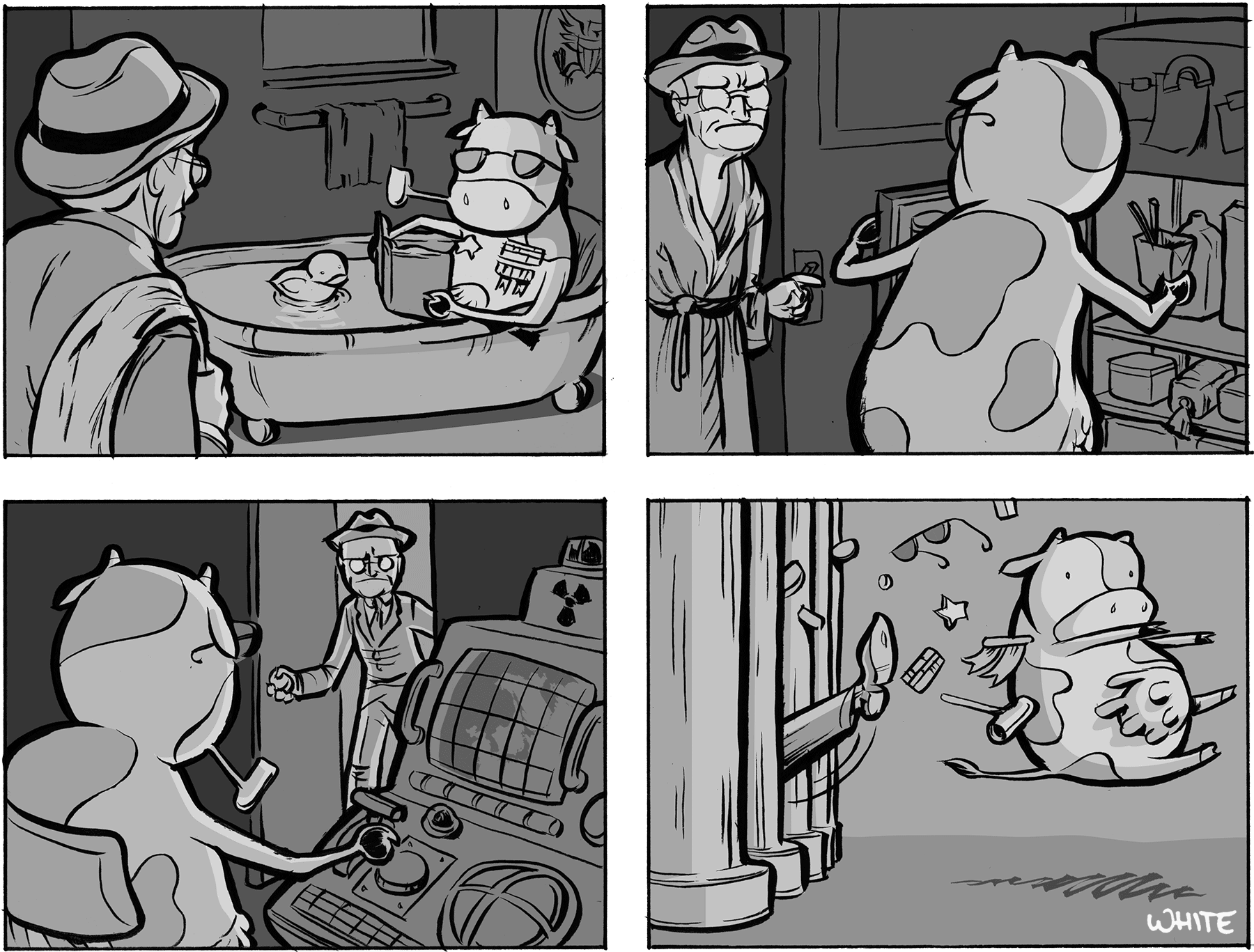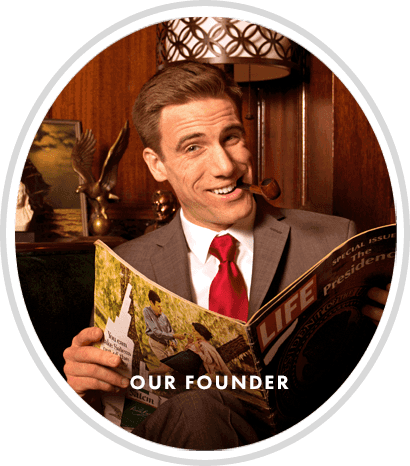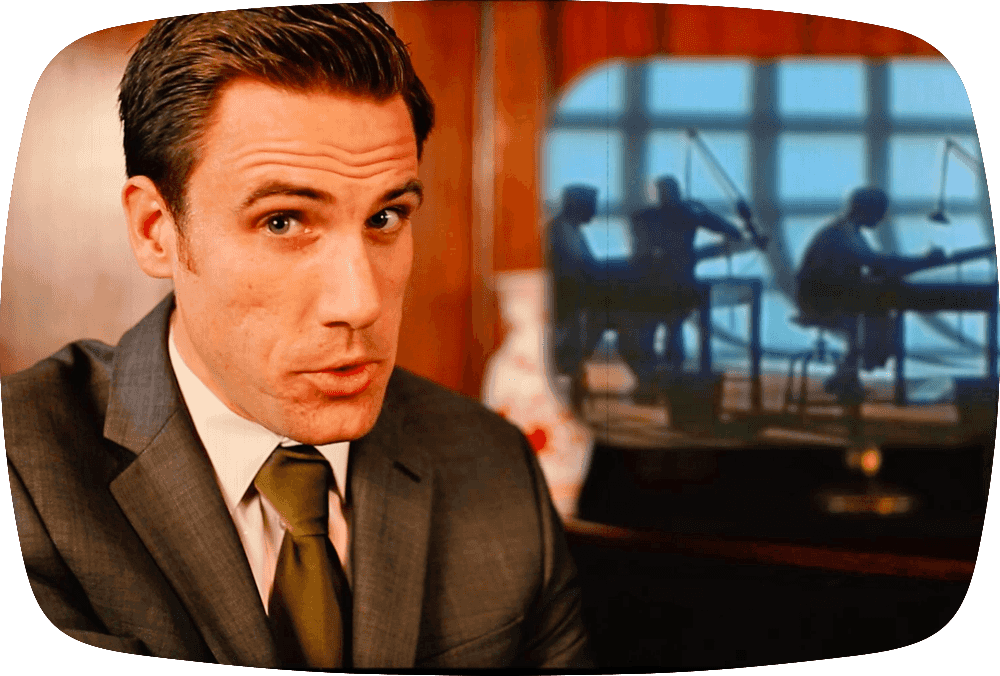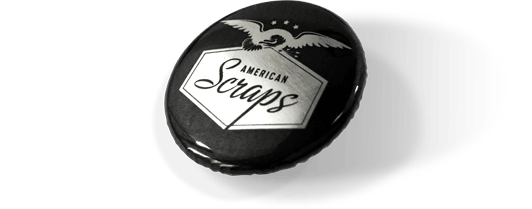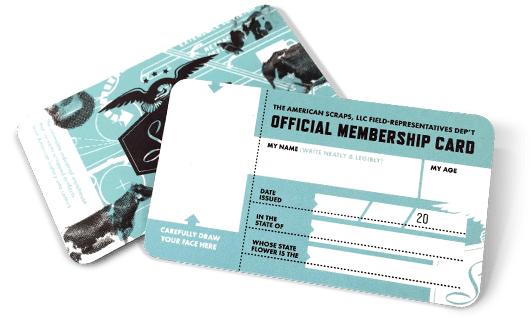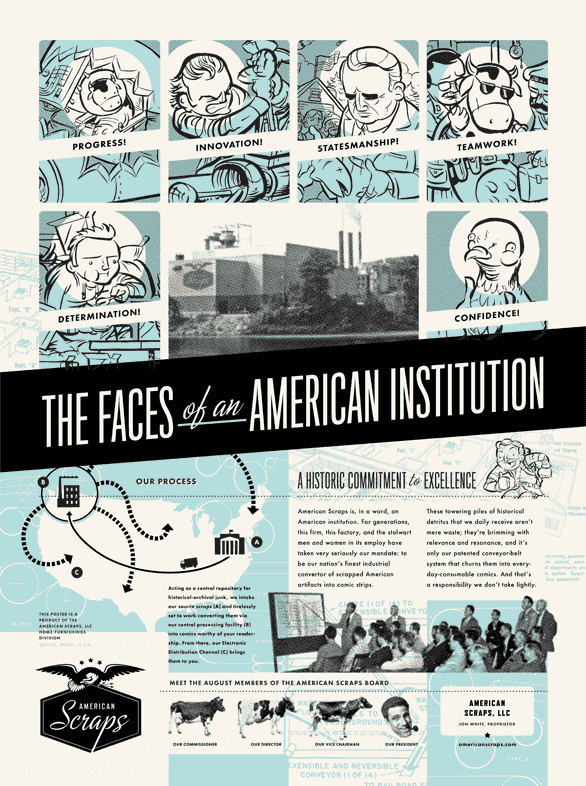It’s here, for these infantrymen, along the 38th parallel, that the new year must have felt strange indeed. Nineteen months later, their war would end—to the surprise of Americans who had just-recently gotten used to the idea of us unconditionally winning global conflicts—in stalemate. And mere months earlier, their five-star general had been fired.
As H.W. Brands observes, The Korean War was the first time since the 1700s that we were bound, via the brand-new NATO Treaty, to a peacetime alliance. And so we went. Militarily leading this “containment” effort was former-co-emperor General Douglas MacArthur, whose staggering popularity only served to contrast Truman’s still-historically-unmatched unpopularity.
The office of the Presidency is a malleable thing. Many presidents have entered and left office having left its boundaries much as they found them; Harry Truman was not one of them. While his sins continue to haunt us today, his successes—executively ordering the desegregation of the military, trying to establish a national health service, and soundly firing the nationally-beloved general who was nevertheless trying to invade China—end up casting Truman in what is, in the least, a sympathetic light.
January Firsts have always been strange, overwhelming, confusing days. In that confusion, there’s possibility. If an earnest, unprepared, too-trusting, coke-bottle-glassed haberdasher from a small town in Missouri could find himself enough to ward off World War III—despite what it’d mean for him personally and politically—then there’s a chance for us all. Happy New Year, kids.
